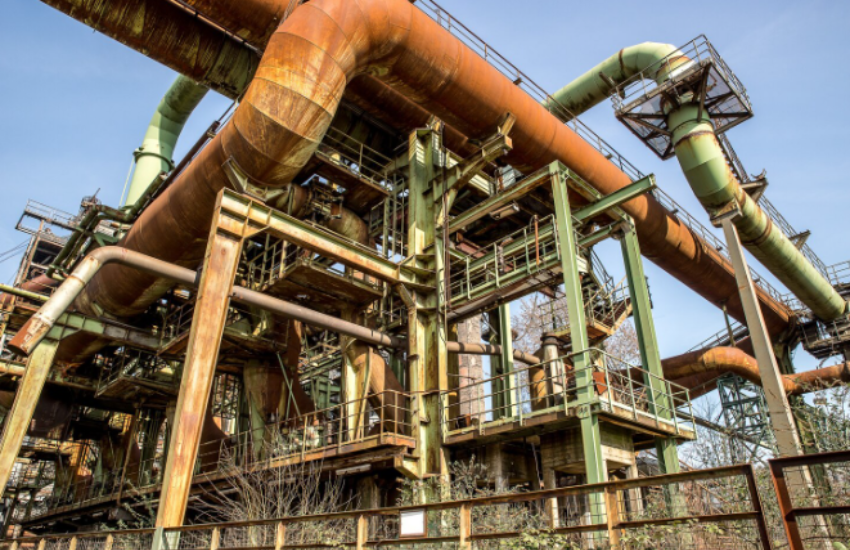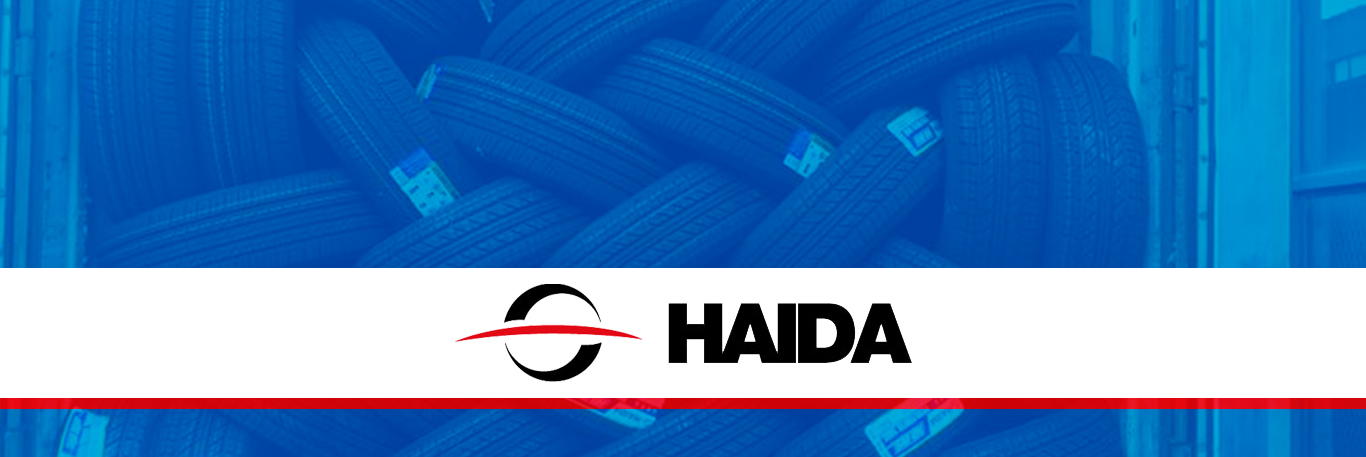In the unpredictable UK climate, managing industrial heating oil effectively during extreme weather is a crucial concern for many businesses. From freezing winter temperatures to unseasonal storms and heavy rainfall, the volatility of British weather can seriously impact oil storage, efficiency, and supply.
This article delves into best practices for managing industrial heating oil in extreme weather conditions, tailored specifically for the UK audience.
Why Extreme Weather Poses a Risk to Industrial Heating Oil
The UK’s industrial sectors rely heavily on heating oil, particularly in remote or off-grid areas. However, extreme weather events can pose a range of challenges, including:
- Thickening of oil in low temperatures
- Condensation leading to water contamination
- Blocked pipes and filters from sludge build-up
- Difficulties in delivery due to icy or flooded roads
- Increased demand, causing price fluctuations
Understanding these risks is the first step toward creating an effective oil management plan that ensures operational continuity, safety, and cost-efficiency.
1. Use Winter-Grade Heating Oil or Additives
One of the biggest threats during cold UK winters is the thickening of oil—known as “waxing.” This occurs when paraffin within the oil solidifies at low temperatures, leading to clogged pipes and equipment failure.
Solution:
- Opt for winter-grade heating oil, specially formulated to withstand lower temperatures.
- Alternatively, use cold flow improvers or anti-waxing additives recommended by your fuel supplier. These additives lower the oil’s pour point and maintain its fluidity.
2. Insulate Tanks and Pipework
Temperature drops can wreak havoc on external oil tanks and supply lines, especially those located above ground. Without proper insulation, pipes may freeze, and oil flow can become sluggish or even stop.
UK-Specific Tip:
- Invest in weatherproof insulation jackets for your tank and pipework.
- Use trace heating cables to prevent pipe freezing.
- Schedule regular inspections, especially before the winter season begins.
3. Prevent Water Contamination
Heavy rain, snowmelt, and humidity can lead to condensation forming inside oil tanks. Water in heating oil encourages microbial growth (fuel bugs), corrosion, and reduced fuel efficiency.
Best Practice:
- Install a water separator or filter in the oil system.
- Regularly check and drain your tank to remove any water buildup.
- Ensure tank lids and inspection points are tightly sealed to prevent rainwater ingress.
4. Monitor Fuel Levels Frequently
Extreme weather often leads to unexpected spikes in fuel usage—either because of a prolonged cold snap or due to delayed deliveries caused by poor road conditions. Running out of fuel during such times can halt operations and lead to expensive emergency refills.
Stay Ahead:
- Install a smart tank monitoring system that sends real-time fuel level alerts.
- Keep a minimum reserve stock to cover delays in delivery or higher-than-usual consumption.
- Work with a reliable local supplier that offers priority delivery options during peak winter periods.
5. Secure Your Oil Tank Against Storm Damage
Storms are becoming more frequent in the UK. Strong winds, falling debris, and flooding can all compromise your heating oil storage system.
Steps to Protect:
- Anchor above-ground tanks to a secure base.
- Use bunded tanks to contain leaks in case of structural failure.
- Trim surrounding trees and secure loose materials near the tank.
- If in a flood-prone area, consider raising your tank or installing protective barriers.
6. Conduct Seasonal Maintenance Checks
Prevention is always better than cure—especially when it comes to managing heating oil systems in harsh weather.
Maintenance Checklist:
- Check for signs of rust, cracks, or leaks.
- Test filters, gauges, and valves.
- Service boilers and burners to ensure optimal performance.
- Replace or clean oil lines and nozzles if necessary.
Schedule professional servicing at least once a year—preferably before the winter season kicks in.
7. Train Staff on Emergency Protocols
In industries where heating oil is essential to daily operations, staff should be well-versed in emergency fuel handling procedures.
Consider the following:
- Create an oil management checklist for extreme weather.
- Train teams on emergency shutoff procedures and how to spot oil leaks or system failures.
- Assign responsibilities for monitoring levels and system health during adverse conditions.
8. Partner with a Trusted UK Fuel Supplier
Your fuel supplier should be more than just a vendor—they should be a proactive partner who understands the challenges of managing oil in the UK’s diverse climate.
Look for a supplier who offers:
- Weather-resilient fuel options
- Flexible delivery even in remote or hard-to-reach areas
- Technical support for tank maintenance and inspection
- Emergency supply arrangements
Building a long-term relationship with a trusted supplier ensures you’re not left in the lurch when extreme weather hits.
Conclusion: Be Proactive, Not Reactive
Managing industrial heating oil in extreme weather doesn’t have to be a stressful task. With the right infrastructure, tools, and strategic planning, UK businesses can minimise risks, maintain fuel efficiency, and reduce downtime—even during the harshest conditions.
By staying prepared, conducting regular checks, and working closely with a reliable supplier, your business can turn seasonal challenges into manageable operations—ensuring warmth, power, and productivity all year round.


